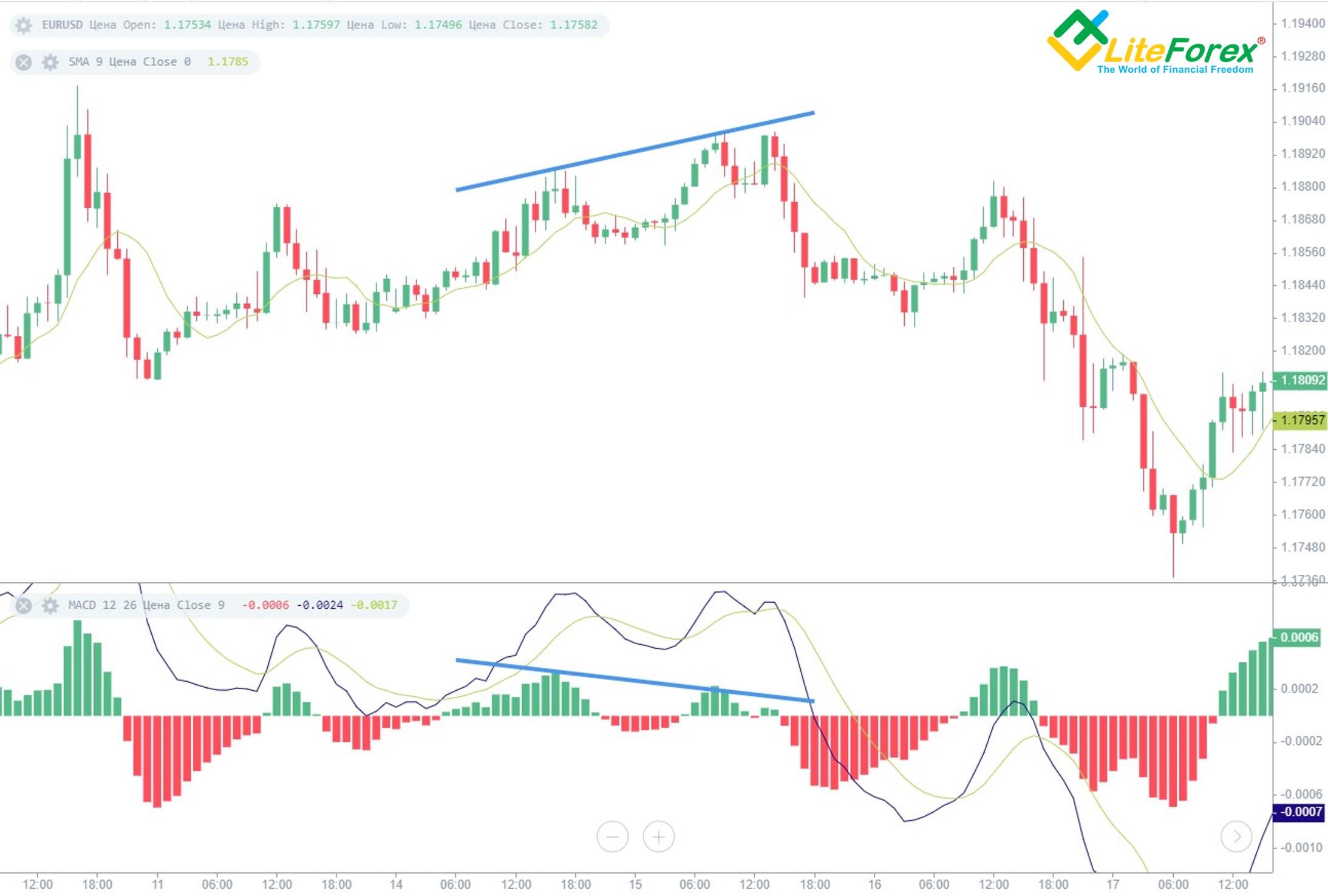
Bond investing is a low-risk investment with high rewards. You can earn interest prior to the bond maturing. Bonds can either be issued by a government agency or a private corporation. Government bonds are generally issued by either the national or state governments. Private bonds, which are less volatile than government bonds, have higher interest rates and tend to be more volatile. The issuer may default on the bonds. If the issuer defaults, the obligation of the bondholders to pay them is waived.
A bond is a document that promises to pay interest at a specific rate and repay principal upon maturity. Borrowers who want to raise money from investors sell bonds on the market. The issuer of the bonds is usually an insurance company or other corporation. It may also be a municipal or local government. There are many different types of bonds. Municipal bonds, corporate bonds and government bonds are the most popular types of bonds. Government bonds may be taxable or tax exempt.

Bonds are usually escrowed to maturity, meaning that the proceeds of the bonds are placed in an escrow account. The proceeds of the bonds can be used to refund outstanding bonds. The proceeds from the refunded bonds are then put in an escrow account up to the call date. This is when the bonds can be redeemed. The call price can be expressed as a percentage or the principal of the bond. The proceeds can often be higher than the face value if the bond is sold prior to maturity. However, there is a risk that the bond will be sold at a discount. It is possible that the bond will be sold at lower interest rates.
The number of bond years is used to calculate the average life of an issue. This number is calculated simply by multiplying the number the bonds in an issue by the number year from the dated day to the declared maturity date. It is also calculated using the total number bond years. This is typically done using amortization. This is done by subtracting current interest payments from the yield at maturity. It decreases as maturity nears, but remains the exact same as the original issue Premium.
The issuer of a bond may also reserve the right to call the bond at the maturity date. The call price is usually above par. To avoid making the bonds taxable, the issuer might also pay the IRS. Bond insurance guarantees the payment of interest. In addition to the issuer and the insurer, the bond may be issued by a conduit borrowers, which are private companies or individuals who agree to pay the issuer back for the bonds.

Bonds are issued for capital protection and steady income stream. They are a popular investment because of their low risks and steady income stream. They can also be used for reducing the risk of holding volatile stocks.
FAQ
What are the benefits of investing in a mutual fund?
-
Low cost - purchasing shares directly from the company is expensive. It is cheaper to buy shares via a mutual fund.
-
Diversification – Most mutual funds are made up of a number of securities. One security's value will decrease and others will go up.
-
Professional management - Professional managers ensure that the fund only invests in securities that are relevant to its objectives.
-
Liquidity - mutual funds offer ready access to cash. You can withdraw your funds whenever you wish.
-
Tax efficiency - Mutual funds are tax efficient. You don't need to worry about capital gains and losses until you sell your shares.
-
Purchase and sale of shares come with no transaction charges or commissions.
-
Mutual funds can be used easily - they are very easy to invest. All you need is money and a bank card.
-
Flexibility - you can change your holdings as often as possible without incurring additional fees.
-
Access to information - you can check out what is happening inside the fund and how well it performs.
-
You can ask questions of the fund manager and receive investment advice.
-
Security - you know exactly what kind of security you are holding.
-
You can take control of the fund's investment decisions.
-
Portfolio tracking - you can track the performance of your portfolio over time.
-
Easy withdrawal - it is easy to withdraw funds.
There are disadvantages to investing through mutual funds
-
Limited investment opportunities - mutual funds may not offer all investment opportunities.
-
High expense ratio – Brokerage fees, administrative charges and operating costs are just a few of the expenses you will pay for owning a portion of a mutual trust fund. These expenses eat into your returns.
-
Lack of liquidity: Many mutual funds won't take deposits. These mutual funds must be purchased using cash. This limits your investment options.
-
Poor customer service. There is no one point that customers can contact to report problems with mutual funds. Instead, contact the broker, administrator, or salesperson of the mutual fund.
-
Risky - if the fund becomes insolvent, you could lose everything.
What is a bond and how do you define it?
A bond agreement between two people where money is transferred to purchase goods or services. It is also known to be a contract.
A bond is normally written on paper and signed by both the parties. The bond document will include details such as the date, amount due and interest rate.
The bond is used when risks are involved, such as if a business fails or someone breaks a promise.
Bonds can often be combined with other loans such as mortgages. This means that the borrower has to pay the loan back plus any interest.
Bonds can also help raise money for major projects, such as the construction of roads and bridges or hospitals.
It becomes due once a bond matures. The bond owner is entitled to the principal plus any interest.
Lenders are responsible for paying back any unpaid bonds.
Why are marketable Securities Important?
An investment company's main goal is to generate income through investments. It does so by investing its assets across a variety of financial instruments including stocks, bonds, and securities. These securities have certain characteristics which make them attractive to investors. They may be considered to be safe because they are backed by the full faith and credit of the issuer, they pay dividends, interest, or both, they offer growth potential, and/or they carry tax advantages.
What security is considered "marketable" is the most important characteristic. This refers to how easily the security can be traded on the stock exchange. If securities are not marketable, they cannot be purchased or sold without a broker.
Marketable securities can be government or corporate bonds, preferred and common stocks as well as convertible debentures, convertible and ordinary debentures, unit and real estate trusts, money markets funds and exchange traded funds.
These securities are often invested by investment companies because they have higher profits than investing in more risky securities, such as shares (equities).
What is the role and function of the Securities and Exchange Commission
Securities exchanges, broker-dealers and investment companies are all regulated by the SEC. It also enforces federal securities law.
How can I find a great investment company?
Look for one that charges competitive fees, offers high-quality management and has a diverse portfolio. Fees vary depending on what security you have in your account. While some companies do not charge any fees for cash holding, others charge a flat fee per annum regardless of how much you deposit. Others may charge a percentage or your entire assets.
Also, find out about their past performance records. Poor track records may mean that a company is not suitable for you. Avoid low net asset value and volatile NAV companies.
You should also check their investment philosophy. Investment companies should be prepared to take on more risk in order to earn higher returns. If they are not willing to take on risks, they might not be able achieve your expectations.
Statistics
- "If all of your money's in one stock, you could potentially lose 50% of it overnight," Moore says. (nerdwallet.com)
- Even if you find talent for trading stocks, allocating more than 10% of your portfolio to an individual stock can expose your savings to too much volatility. (nerdwallet.com)
- For instance, an individual or entity that owns 100,000 shares of a company with one million outstanding shares would have a 10% ownership stake. (investopedia.com)
- US resident who opens a new IBKR Pro individual or joint account receives a 0.25% rate reduction on margin loans. (nerdwallet.com)
External Links
How To
How to create a trading strategy
A trading plan helps you manage your money effectively. This allows you to see how much money you have and what your goals might be.
Before you create a trading program, consider your goals. It may be to earn more, save money, or reduce your spending. You might consider investing in bonds or shares if you are saving money. If you are earning interest, you might put some in a savings or buy a property. You might also want to save money by going on vacation or buying yourself something nice.
Once you know what you want to do with your money, you'll need to work out how much you have to start with. It depends on where you live, and whether or not you have debts. You also need to consider how much you earn every month (or week). Your income is the net amount of money you make after paying taxes.
Next, you will need to have enough money saved to pay for your expenses. These include rent, food and travel costs. All these things add up to your total monthly expenditure.
Finally, you'll need to figure out how much you have left over at the end of the month. This is your net discretionary income.
This information will help you make smarter decisions about how you spend your money.
To get started, you can download one on the internet. Or ask someone who knows about investing to show you how to build one.
Here's an example.
This graph shows your total income and expenditures so far. It also includes your current bank balance as well as your investment portfolio.
Here's an additional example. A financial planner has designed this one.
It will let you know how to calculate how much risk to take.
Remember, you can't predict the future. Instead, put your focus on the present and how you can use it wisely.